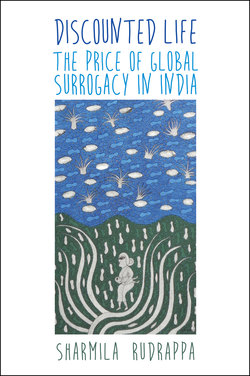Описание книги
Winner, American Sociological Association Asia and Asian America Section Best Book on Asia/Transnational Asia Finalist, 2015 C. Wright Mills Award from the Society for the Study of Social Problems India is the top provider of surrogacy services in the world, with a multi-million dollar surrogacy industry that continues to grow exponentially, as increasing numbers of couples from developed nations look for wombs in which to grow their babies. Some scholars have exulted transnational surrogacy for the possibilities it opens for infertile couples, while others have offered bioethical cautionary tales, rebuked exploitative intended parents, or lamented the exploitation of surrogate mothers—but very little is known about the experience of and transaction between surrogate mothers and intended parents outside the lens of the many agencies that control surrogacy in India. Drawing from rich interviews with surrogate mothers and egg donors in Bangalore, as well as twenty straight and gay couples in the U.S. and Australia, Discounted Life focuses on the processes of social and market exchange in transnational surrogacy. Sharmila Rudrappa interrogates the creation and maintenance of reproductive labor markets, the function of agencies and surrogacy brokers, and how women become surrogate mothers. Is surrogacy solely a labor contract for which the surrogate mother receives wages, or do its meanings and import exceed the confines of the market? Rudrappa argues that this reproductive industry is organized to control and disempower women workers and yet her interviews reveal that, by and large, the surrogate mothers in Bangalore found the experience life affirming. Rudrappa explores this tension, and the lived realities of many surrogate mothers whose deepening bodily commodification is paradoxically experienced as a revitalizing life development. A detailed and moving study, Discounted Life delineates how local labor markets intertwine with global reproduction industries, how Bangalore’s surrogate mothers make sense of their participation in reproductive assembly lines, and the remarkable ways in which they negotiate positions of power for themselves in progressively untenable socio-economic conditions.
